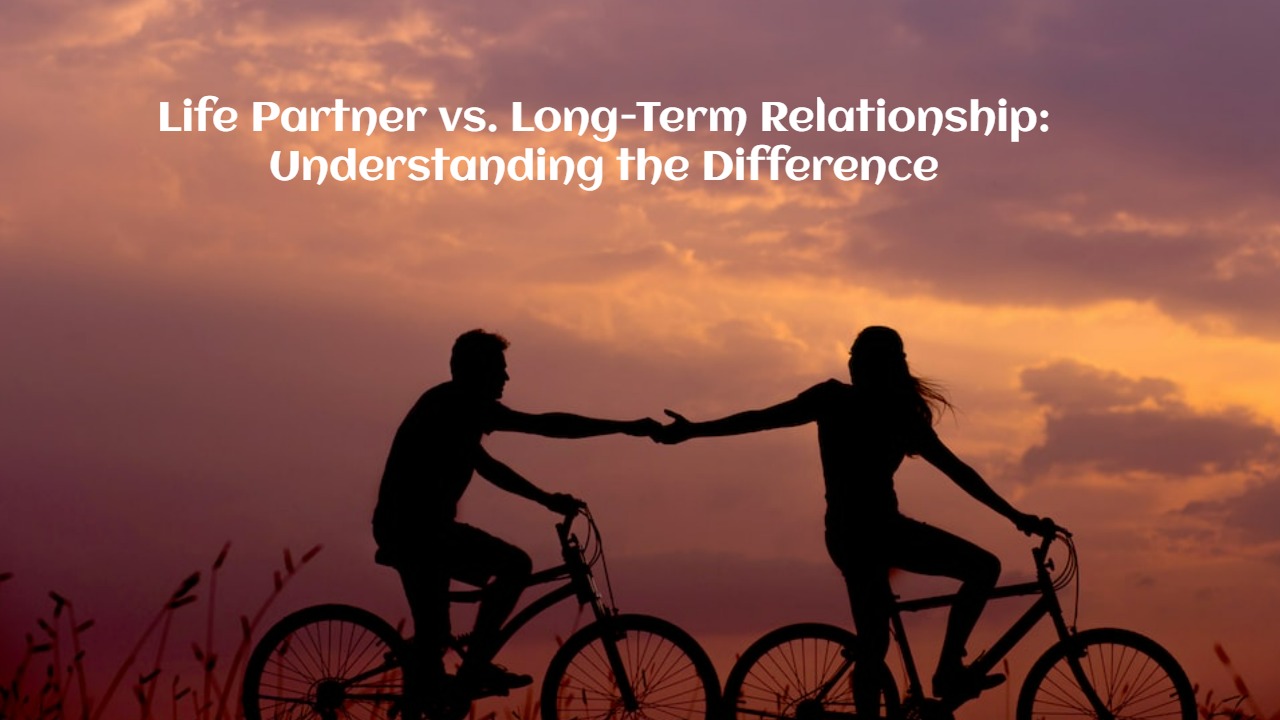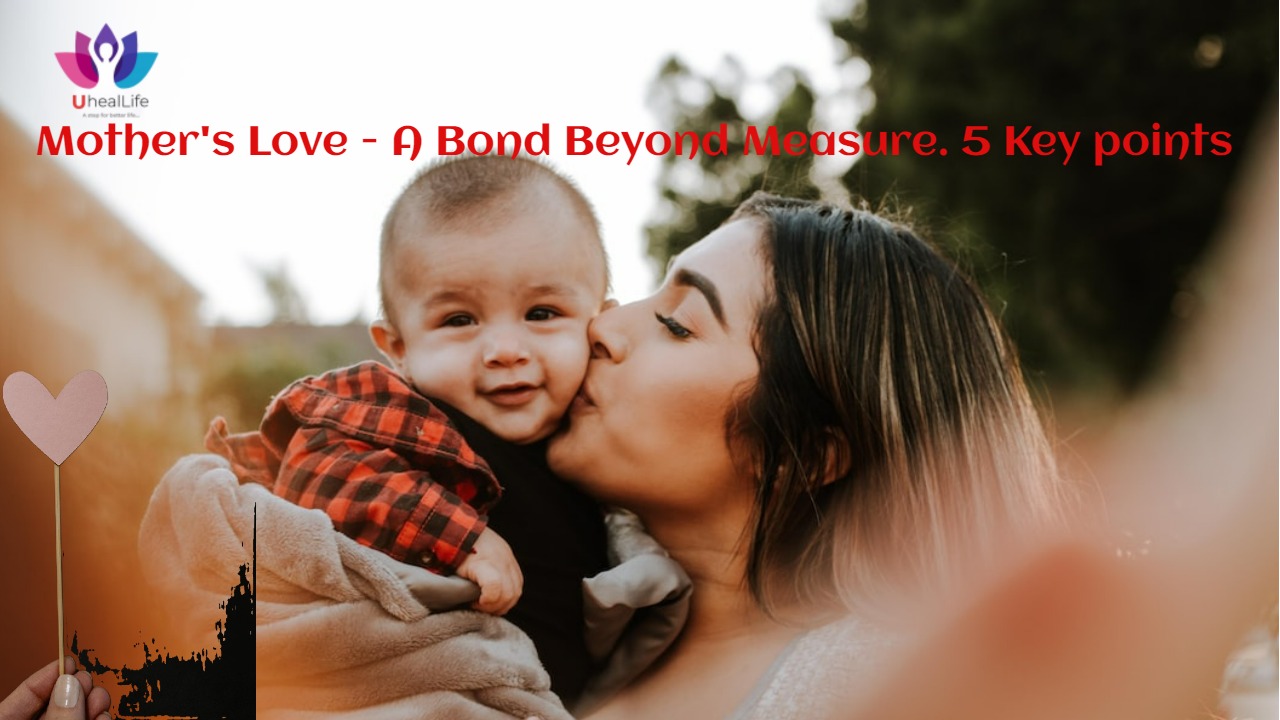Life Partner vs. Long-Term Relationship: Understanding the Difference
When it comes to relationships, people often use terms like “life partner” and “long-term relationship” interchangeably. However, these phrases carry different connotations. In this blog post, we will delve into the nuances and distinctions between a life partner and a long-term relationship. We will explore the characteristics, commitment levels, and key factors that define each term, helping you better understand your personal desires and expectations in a romantic partnership.
Body (approximately 600 words)
- Defining a Life Partner
A life partner is someone with whom you envision spending your entire life. They are your ultimate companion, with whom you build a deep emotional and spiritual connection. While physical attraction is important, it is not the sole foundation of the relationship. Instead, shared values, common life goals, and a sense of compatibility play crucial roles in identifying a life partner.
Unlike a casual or short-term relationship, a life partner understands and accepts you fully, including your flaws and imperfections. This bond is based on unconditional love and support, fostering mutual growth and development. Communication and trust are paramount in a life partnership, as both individuals commit to building a stable, long-lasting relationship.
- Understanding a Long-Term Relationship
A long-term relationship refers to a committed partnership with no specific commitment to spend a lifetime together. It could be a romantic relationship, a marriage, or even a long-standing friendship. The primary difference between a long-term relationship and a life partnership lies in the levels of commitment and expectations about future plans.
In a long-term relationship, the emphasis is on the present moment, building shared experiences, and maintaining a deep connection. While there may be love and affection, the commitment may not necessarily extend to planning a life together. The partners may choose to lead individual lives or have separate aspirations, focusing on the here and now instead of the long-term future.
- Key Factors to Consider
When contemplating whether you are seeking a life partner or a long-term relationship, there are several key factors to consider:
- Shared Values and Life Goals: Assess whether your potential partner aligns with your core values, ethics, and long-term aspirations.
- Emotional and Spiritual Connection: Evaluate the depth of emotional intimacy and spiritual compatibility you seek in a partner.
- Commitment Level: Determine the level of commitment you desire, whether it is building a future together or enjoying a committed yet independent relationship.
- Future Plans: Discuss and ensure both partners are on the same page regarding starting a family, career aspirations, and geographic preferences.
Conclusion
Differentiating between a life partner and a long-term relationship is vital for understanding your own needs and expectations in a romantic partnership. While a life partner is a person with whom you envision spending your entire life, a long-term relationship focuses on the present without a guarantee of a long-lasting future together. By exploring each term’s characteristics and commitment levels, you can make an informed decision about the type of relationship that aligns with your desires. Remember, there is no one-size-fits-all approach, and ultimately, finding happiness and fulfillment in any relationship depends on open communication, mutual understanding, and shared goals.



